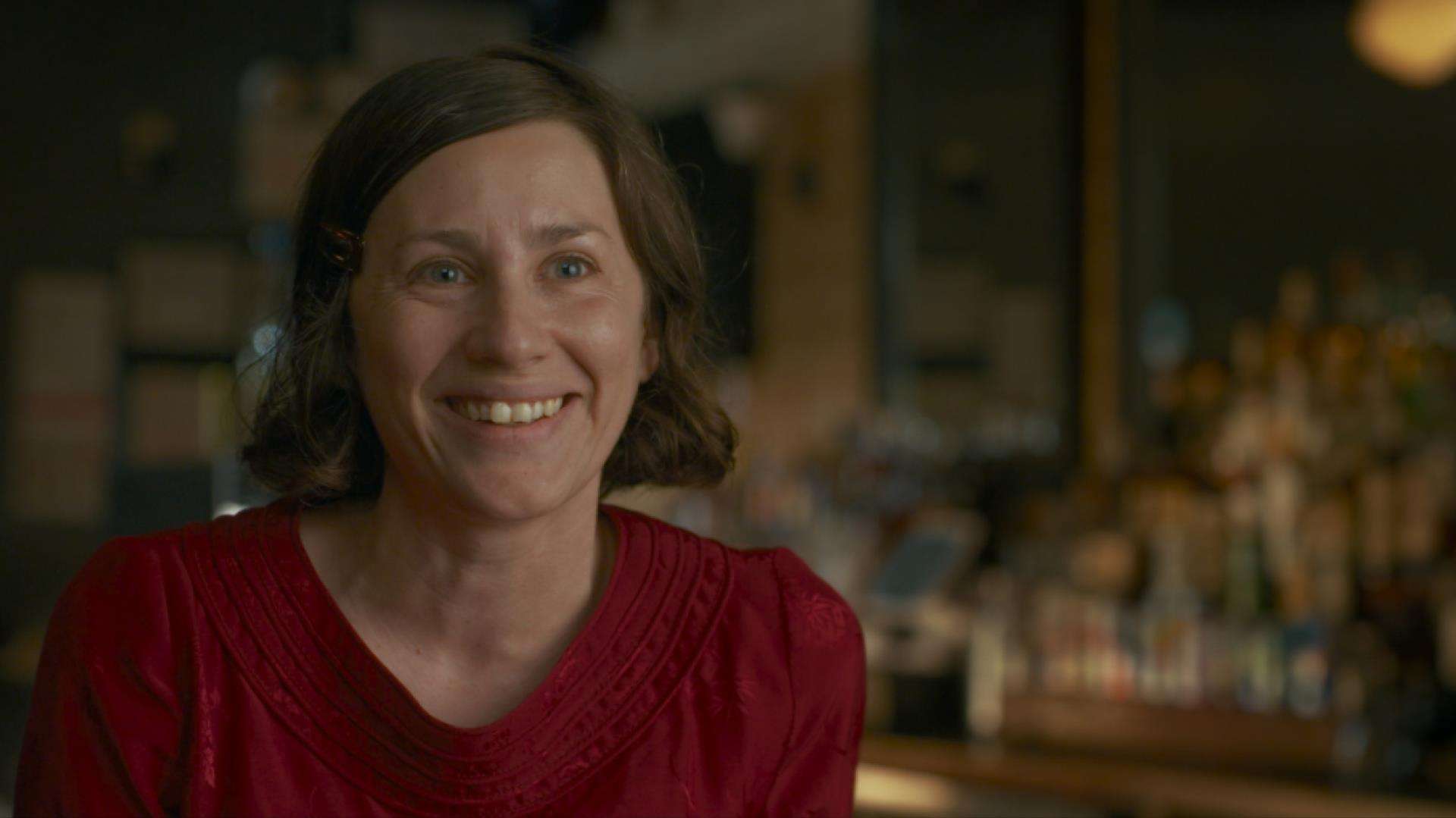“Louis CK did not respond to requests to comment or participate in the film”
Reading this statement is the one time I can definitively attest that the “fair assessment” expected from ideal documentation would have completely blunted the remaining teeth out of this documentary.
Because Caroline Suh and Cara Moines’ documentary, which seeks to re-open and re-examine the Louis CK sexual misconduct case, would have lost the plot if CK had been admitted to state his side of the story. It would be redundant because, as the documentary shows, his new stand-up specials are already pretty evident of how he has chosen to reframe those incidents. More importantly, this documentary serves as a platform for the victims to voice out their side of the story, as well as provide a full view of the comedy world and the truth about accountability within a court of public opinion.
While the documentary could be criticized for being mostly bland because of its presentation of talking heads format by interviewing those initial victims who had called out CK during the tumultuous 2015–2017 years, it’s their recollections and the restructuring of the timeline that the documentary chooses to highlight. Through that restructuring, the documentary wants to explain the “boys club” nature of comedy, the effectiveness of cancel culture or its lack thereof, and the hypocrisy that human beings would allow themselves to live with for the sake of enjoyment of art.
It is a matter of credit for this documentary that it doesn’t establish a completely partisan attitude. It chooses to go almost clinically, breaking the documentary up into six chapters: first describing the ascent of Louis CK into a comedic superstar, then slowly revealing to us the details of the act through the interviews, then acknowledging the open secret of CK’s proclivities throughout the comedic industry and how much that becomes a question of moral integrity as he would start to become more and more of a power player in the industry.

It then finally starts delving into the investigation and the first article of the New York Times being published before commenting on the remarkable swiftness with which Louis CK would admit to these allegations and then step back. The discussion would deal with the nuances of that apology before slowly trickling in the reactions, both supportive and oppositional, towards CK, recontextualizing it as an attack on comedy if the specials of other noteworthy comedians are any indication. Finally, the documentary deals with his comeback, the immediate polarizing reaction, and then the slow subsiding of that effect as CK begins the trek back to being relevant in comedy again.
I appreciated the documentary’s methodology of breaking the narrative, though one criticism could be applied: the editing would be in dissonance with the structuring, as the interviews would be broken up and spliced into separate segments quite brusquely, apparently cutting these interviewees off mid-conversation. However, the question does arise: What is the thesis statement for reopening this case and producing documentation of recontextualization?
For one, by bringing in voices both directly related to CK and directly affected by the misconduct, it manages to successfully consolidate all the events together to provide a viewpoint. Secondly, it allows us to visualize the psyche of these women and, through them, understand the inherent misogyny and general abominable behavior they had to not only experience but also brush off as normal until the line is crossed. Thirdly, interviewing prominent industry veterans like Michael Schur brings forth the question of the complicity of their knowledge about the “open secret” and not choosing to expose it on account of maintaining a foothold in the industry.

Fourthly, it chooses to ask about the line a consumer is willing to draw to enjoy art without getting bogged down by the emotional intricacies of the artist and where the line should be drawn. Finally, it chooses to ask whether Louie’s comeback should have constituted a different form of framing of those allegations than the one chosen and whether the expectation of that would be tantamount to imposing one’s thoughts about an artist. And, of course, how much capitalism and the clinical distinction one draws between the commercialization of the art and the actual morality are effective?
“Sorry/Not Sorry” is effective at asking a whole lot of questions. The documentary refrains from providing answers to these questions due to its design as a detached documentation piece and the ongoing nature of Louis CK’s standup career, which is not as popular as it was before 2017. The documentary tries to highlight how his comeback and his reframing of his behavior as a kink become antithetical to the confessional style of comedy that had catapulted him to the stratosphere.
It also serves as a sober reality of the ineffectualness of “cancel culture” without the long-term consequences of cancellation, and thus, how much the entire picture remains unchanged. It runs the risk of becoming a rehash of events that had been extensively documented before, but as a platform for the victims to have their voices heard, this documentary becomes almost essential.




![Cold Pursuit [2019] Review: Revenge Served Lukewarm](http://www.highonfilms.com/wp-content/uploads/2019/02/Cold-Pursuit2-768x433.jpg)


![Prizefighter: The Life of Jem Belcher [2022] Review: Too Less Life in a Film Portraying Life of a Man](http://www.highonfilms.com/wp-content/uploads/2022/07/Prizefighter-The-Life-of-Jem-Belcher-Movie-Review-1-768x508.webp)

![A Matter of Life and Death [1946] Review: A Timeless Treasure of British Cinema](http://www.highonfilms.com/wp-content/uploads/2020/06/a-matter-of-life-and-death-screenshot-1-768x558.jpg)